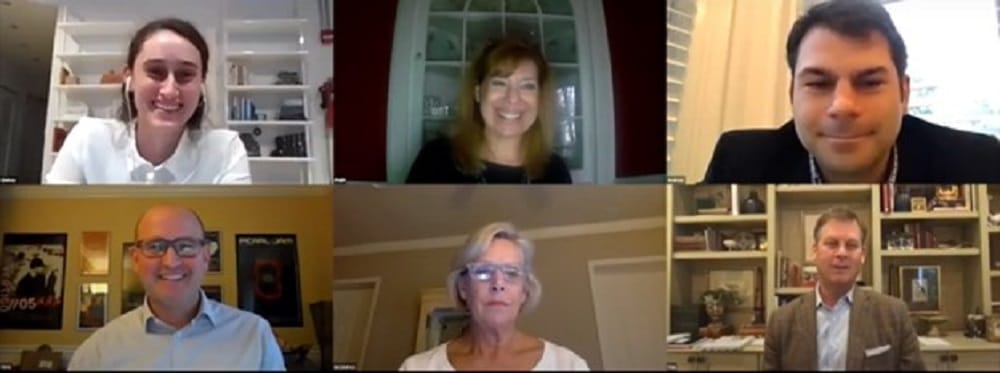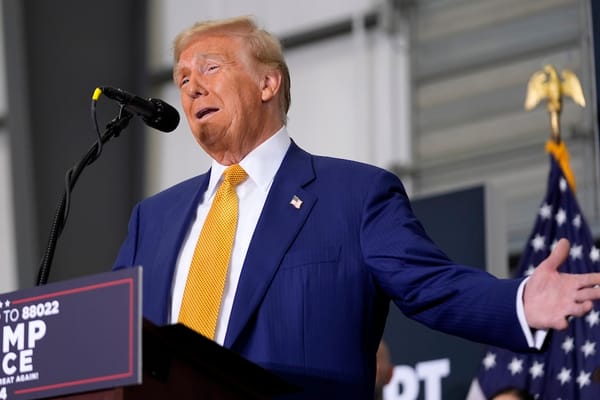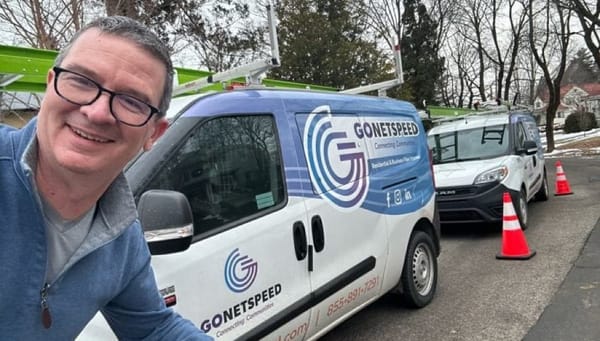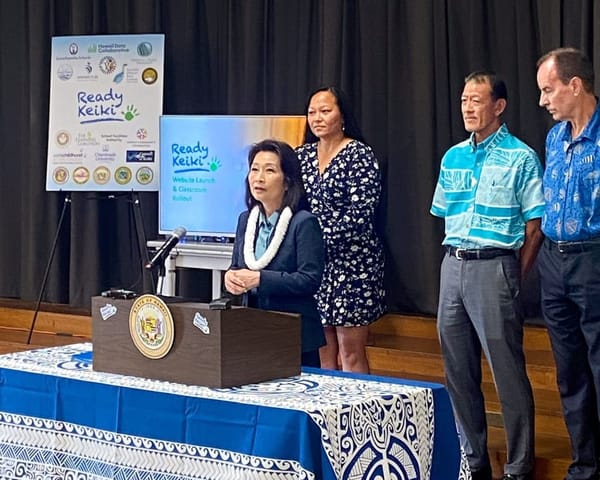INCOMPAS Predicts Prompt Action on Net Neutrality
November 16, 2020 – Officials associated with INCOMPAS, the Internet and Competitive Networks Association, on Thursday predicted that there would be action on net neutrality sooner than expected with the incoming administration of President-elect Joe Biden. Predicting that the new administration wou

November 16, 2020 – Officials associated with INCOMPAS, the Internet and Competitive Networks Association, on Thursday predicted that there would be action on net neutrality sooner than expected with the incoming administration of President-elect Joe Biden.
Predicting that the new administration would try to reinstate authority over broadband internet access, Lindsay Stern, attorney and policy advisor at INCOMPAS, said a Democratic Federal Communications Commission would try to classify the internet service as a telecommunications service subject to Title II of the Communications Act, “with the previous forbearance that was granted in the 2015 Open Internet Order” under President Barack Obama.
Stern explained that to do this, the FCC would need to grant a petition for reconsideration of the FCC’s latest remand order which classified broadband internet access service as a Title I service. The agency would also need to issue a separate rulemaking, going a step further from reclassifying to reinstating the net neutrality rules, she said.
With ISP’s implementing data caps more than in the past, Stern predicted that now, there will be pressure to go beyond the 2015 net neutrality rules and address data caps and interconnection fees directly.
Stern postulated that if FCC Chairman Ajit Pai leaves, and with Commissioner Michael O’Rielly gone by the adjournment of Congress this year, and with Nathan Simington’s nomination does not get confirmed, Democrats would end up with a 2-1 vote majority at the agency.
Commissioner Jessica Rosenworcel and Commissioner Geoffrey Starks, the two Democrats on the five-member body, are both net neutrality supporters.
Because the remand order of the current FCC action on net neutrality has not yet made it into the Federal Register, which publication starts the timeline an entity to file a petition for reconsideration, it looks likely that Chairman Pai will not have time to respond to a petition for reconsideration by January 20, 2021.
That accelerates the timeline for net neutrality, Stern said.
However, if the FCC takes the Title II approach that former FCC Chairman Tom Wheeler took under Obama, that might create momentum for Congress to act.
INCOMPAS CEO Chip Pickering, a former Republican member of Congress from Mississippi, said that congressional intervention would provide long-term stability and certainty instead of four changes we’ve seen over the past decade with each new administration.
Pickering also projected bipartisan consensus on privacy regulations and Section 230 from the new administration. But coming to an agreement on antitrust enforcement will be much harder, he said, given the endurance of the consumer welfare standard.
Gaming out strategy over the next two months on Section 230 changes
On Section 230 reform, Stern said INCOMPAS thinks with a new Democratic commission, President Donald Trump’s petition by the Commerce Department’s National Telecommunications and Information Administration will be denied or just linger at the FCC: Both Rosenworcel and Starks have repeatedly said that the FCC should not be interpreting 230 and hence be the “president’s speech police.”
That said, the FCC might leave the petition open for the possibility of future action in case there’s no congressional agreement, she said.
INCOMPAS General Counsel Angie Kronenberg said the “pens down” edict recently issued by House Energy and Commerce Committee officials might also affect Section 230 changes.
Stern laid out several scenarios: If Pai wants to move forward with the rulemaking, and if Simington’s nomination does not move forward, the petition would have to be addressed in the commission’s December meeting because Commissioner O’Reilly would still have to vote on it despite his leaving at the end of the year.
If Simington does get confirmed and Pai has the votes for the January open meeting, she said the question would be whether the rulemaking would make it into the federal register before he leaves in order to set off the comment deadline.
Even if that happens, a new chairman does not have to act on the rulemaking at all . Or, the Democratic-named chairman could bring it the matter to a vote and then deny it.
Other broadband matters
INCOMPAS Government Relations Director Andrew Mincheff said Democrats would have an opportunity to shape broadband this administration, especially in light of Pai’s goal to end the agency’s Mobility Fund and move those dollars to the 5G Rural Broadband Fund, from which the FCC would allocate $9 billion over 10 years for reverse auctions.
Chris Shipley, attorney and policy advisor at INCOMPAS, said the new administration would likely look at reform of the Universal Service Fund because the contributions factor has risen steadily over the last few years as accessible revenues have declined around commitments.
He referenced a conference from earlier this week with Mignon Clyburn and Commissioner O’Rielly.
Democrats have an interest in either a connections-based systems or expanding the base of accessible services
By contrast, Republicans seem more interested in addressing the rising contribution factor from general appropriations from Congress, he said. That would be a tough fight given how divided the new Congress will be.
Shipley suggested that reforms could include extending the revenue base and assessing broadband services and other telecommunications services.
Another option might be a connections-based system. Under this approach, either voice ir broadband connections would be assessed a monthly contribution, and a numbers-based system, under which each assigned North American telephone number would be assessed.







